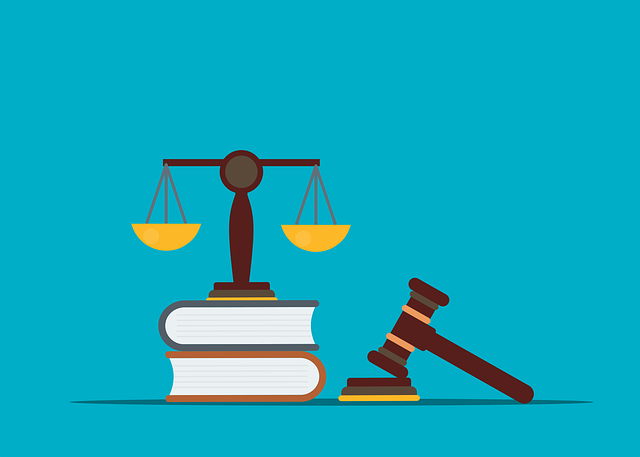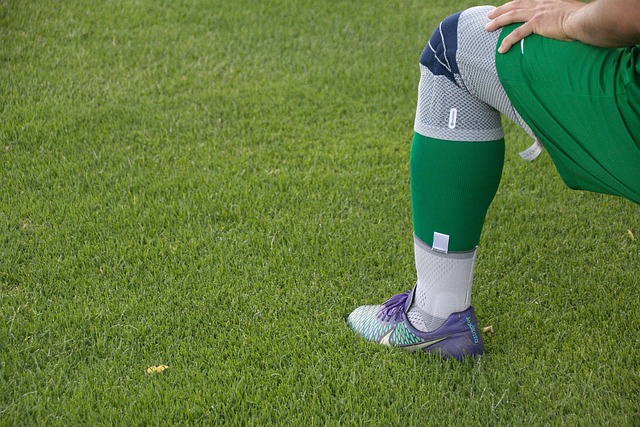A multiple dog attack, though rare, can cause severe physical and psychological harm, including flashbacks, nightmares, anxiety, PTSD, depression, and other mental health issues. Survivors may hesitate to seek help due to stigma or fear of judgment, but proper representation ensures they receive both physical care and psychological support for healing. Legal assistance from a specialized lawyer can secure compensation for medical bills, while therapy, support groups, and coping strategies aid in addressing trauma and fostering mental healing over time.
A multiple dog attack, while rare, can leave profound physical and psychological scars. This phenomenon, often referred to as a pack attack, significantly impacts mental health, with survivors facing anxiety, post-traumatic stress disorder (PTSD), and depression. Understanding the unique effects of such attacks is crucial for recognizing the challenges faced by victims and implementing effective healing strategies. This article explores these aspects to shed light on the comprehensive support needed for recovery from a multiple dog attack.
- Understanding the Impact of Multiple Dog Attacks
- Recognizing the Psychological Effects on Survivors
- Strategies for Healing and Recovery After Such an Incident
Understanding the Impact of Multiple Dog Attacks

A multiple dog attack, while rare, can have profound and lasting effects on a victim’s mental health. The experience is often traumatic, leaving individuals with intense fear, anxiety, and post-traumatic stress disorder (PTSD). Unlike a single dog bite, which might heal physically and emotionally over time, the psychological scars from being attacked by multiple dogs can be complex and deep-seated.
Understanding the impact of such attacks requires recognizing the unique challenges they present. Survivors may struggle with flashbacks, nightmares, and severe anxiety related to triggers associated with the event. Additionally, the fear induced by a multiple dog attack can extend beyond the immediate danger, affecting daily routines and social interactions. This can lead to further mental health complications, particularly if left untreated. It’s crucial for victims to seek professional help to navigate these challenges effectively, especially when navigating medical malpractice or personal injury claims related to nursing home abuse or other incidents involving aggressive canine behavior.
Recognizing the Psychological Effects on Survivors

A multiple dog attack can leave both physical and psychological scars on its survivors. The immediate trauma is often clear to see—wounds, bruises, and other injuries are tangible reminders of what happened. However, the psychological effects can be just as profound, if not more so. Survivors may experience severe anxiety, post-traumatic stress disorder (PTSD), depression, and other mental health issues following such an incident. These conditions can significantly impact daily life, making even simple tasks challenging to accomplish.
Recognizing these psychological impacts is crucial for providing adequate support to victims. Many survivors may hesitate to seek help due to stigma or fear of judgment, so it’s essential for communities and legal representatives to be aware of the potential mental health consequences. In cases involving business litigation or real estate disputes where multiple dogs are involved, proper legal representation can play a vital role in ensuring that survivors receive not just physical care but also the psychological support they need to heal and rebuild their lives.
Strategies for Healing and Recovery After Such an Incident

Healing from a multiple dog attack is a multifaceted process that requires both physical and emotional care. Following such an incident, it’s crucial to seek immediate medical attention for any injuries sustained. This step is not just about treating wounds but also documenting the attack, which can be vital in potential legal actions against negligent pet owners or property managers. An auto accident lawyer specializing in animal attacks can provide guidance on pursuing compensation for medical bills and other damages.
In addition to legal matters, recovery involves addressing the psychological impact. Victims may experience trauma, anxiety, and fear stemming from the attack. Seeking professional help from therapists or counselors trained in handling traumatic incidents is essential. Support groups for survivors of animal attacks can also offer a safe space to share experiences, gain coping strategies, and connect with others who have gone through similar situations—whether it’s a partnership dispute with an aggressive pet or a sudden encounter during a walk. These measures, combined with time and patience, will facilitate the journey towards mental healing after a multiple dog attack.
A multiple dog attack can leave profound physical and mental scars. Understanding the impact, recognizing psychological effects, and employing strategies for healing are crucial steps in recovering from such traumatic events. Survivors must remember that support networks and professional help are available to navigate this challenging landscape towards emotional resilience and restoration.






